The content of the article
Almost every person in life has to at least once encounter an unpleasant tooth extraction procedure. But especially often heavy smokers are forced to suffer from dental problems. This trend is explained by the fact that absolutely all tobacco products contain toxic chemical components. These substances are negatively reflected not only on tooth enamel, they quickly destroy their structure.
It is for this reason that smokers often become visitors to the office of surgical dentistry. Let’s try in different aspects to describe how tobacco smoke has an effect on dental health. And first of all, consider why you can not immediately smoke after surgical removal of the tooth.
Treatment measures after surgery
Although tooth extraction belongs to the category of simple manipulations, but still this procedure is associated with a violation of the integrity of the tissues. Therefore, this manipulation is considered a surgical intervention. After it remains an open wound surface, which carries a certain risk of infection. To avoid complications, in the postoperative period, all medical recommendations must be followed.
A wound is formed in place of the extracted tooth, in which the doctor lays a tampon, previously moistened with an antiseptic composition. Wound plugging also helps to stop bleeding faster. With a favorable development of the postoperative period, bleeding stops after 20-30 minutes. After that, the patient is allowed to remove the swab.
If the wound continues to bleed, a sterile swab will need to be replaced to prevent infection from entering the wound surface. In the future, a blood clot should form in the wound. In no case can it be deleted, since it has an important protection function. With complex surgical removal, for example, of a wisdom tooth, antibiotics are often prescribed to prevent infection.
Is smoking possible after tooth extraction?
Most people experience natural fear when opening the door of a dental office. Indeed, the process of treatment, and especially tooth extraction, cannot be called pleasant. It is known that one smoked cigarette relieves stress and stress. That is why all smokers, leaving the dentist, have an acute desire to make a smoke break. But since a sedative consisting of a mixture of toxic substances poses a serious danger, it is better to abandon it at least for several hours.
What complications can trigger smoking
The danger of smoking is due to the chemical composition of tobacco products. Cigarette smoke is irritating to an open wound that remains in place of the extracted tooth. And here is how it can affect the process after the tooth extraction operation.
- Tobacco smoke can trigger bleeding and increase pain after surgery. In addition, tar and other chemical agents are present in the composition of the cigarettes that slow the healing of the wound.For this reason, doctors recommend at least two hours after tooth extraction not to eat, drink or smoke. If you follow this simple rule, you can avoid serious complications. It is especially important to abstain from smoking until the bleeding stops completely. With poor blood coagulation or a complex procedure for removing the wound, it can bleed for more than two hours.
- A dry well at the removal site may also form due to smoking. Normally, a blood clot remains in the hole. But smoking can cause it to fall out of the oral cavity and then the wound will remain unprotected, since a blood clot is a kind of barrier that prevents infection. Deprived of such protection, the wound surface becomes vulnerable, and this threatens inflammation. For example, alveolitis very often develops after tooth extraction.
- If tooth extraction was difficult and the doctor had to suture, then smoking should be forgotten for several days (from 2-10). This is a necessary measure, which must be observed without fail. Only after the wound has completely healed can smoking be resumed.
- Especially strictly necessary to observe all precautions after the removal of the wisdom tooth. Most often, the removal of the eight is accompanied by problems, and the healing process takes longer than usual. Therefore, smoking patients should definitely discuss this issue with the dentist and remember his recommendations regarding behavior after surgery.
If you strictly follow the advice given by the dentist, the healing process will go smoothly and without complications. Indeed, for your own health, you can postpone smoking for several days. Of course, heavy smokers are most difficult to motivate for a commitment to a healthy lifestyle. But, in the end, when it comes to one’s own health, everyone should rethink the main values in life. Perhaps once having made the right choice, it will be possible to permanently get rid of nicotine addiction.
Smoking and teeth
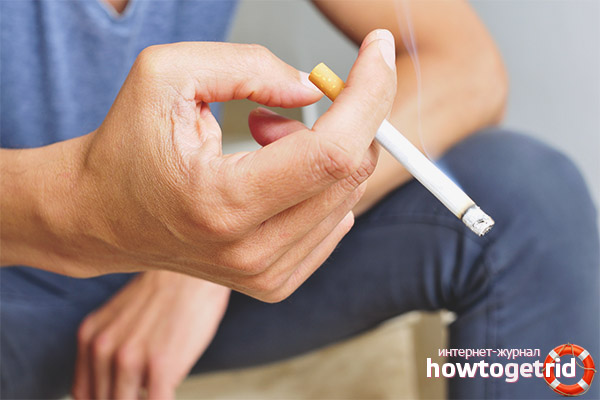
Nothing has a negative effect on dental health like smoking. A person who is in the grip of this habit can be accurately identified by yellow teeth. Smokers also have bad breath. But the saddest thing is that smokers understand the full malignancy of their situation, but continue to pay tribute to many years of habit.
To understand the real extent of the loss from smoking, it is enough to familiarize yourself with the following facts:
- Smoking in a short time can spoil your teeth, but it is almost impossible to restore their previous health.
- The components of tobacco smoke destroy not only the teeth, but also the soft tissues of the oral cavity.
- The resins found in tobacco products contribute to the formation of stones on the surface of tooth enamel.
- Through scientific research, it has been proven that most heavy smokers lose up to 60% of all teeth by the age of 60.
It is also worth recalling that the main cause of cancer is smoking.
Probably, the arguments given here are more than enough to at least think about how much addiction that has become a habit causes daily harm. To preserve the health of the teeth and the body as a whole, it is probably worth revising life priorities. Having given up smoking forever, each person will gain much more than lose.
Video: what to do after tooth extraction

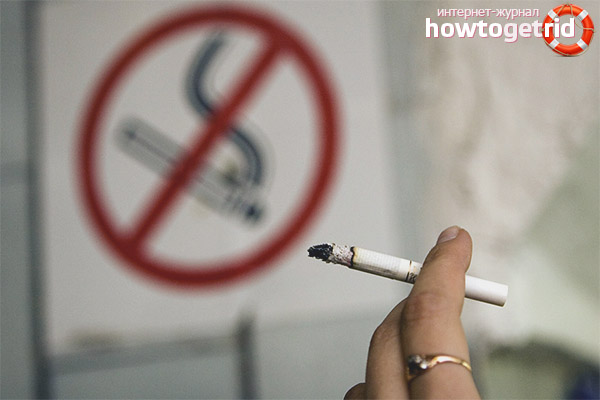
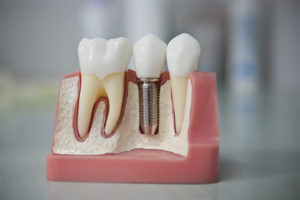


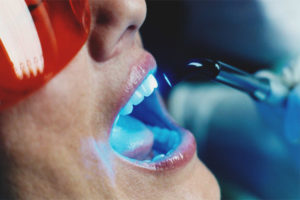
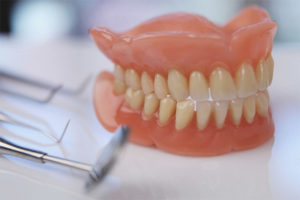

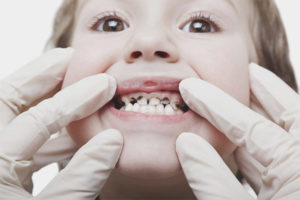
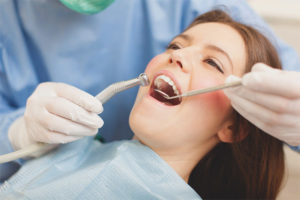
Submit